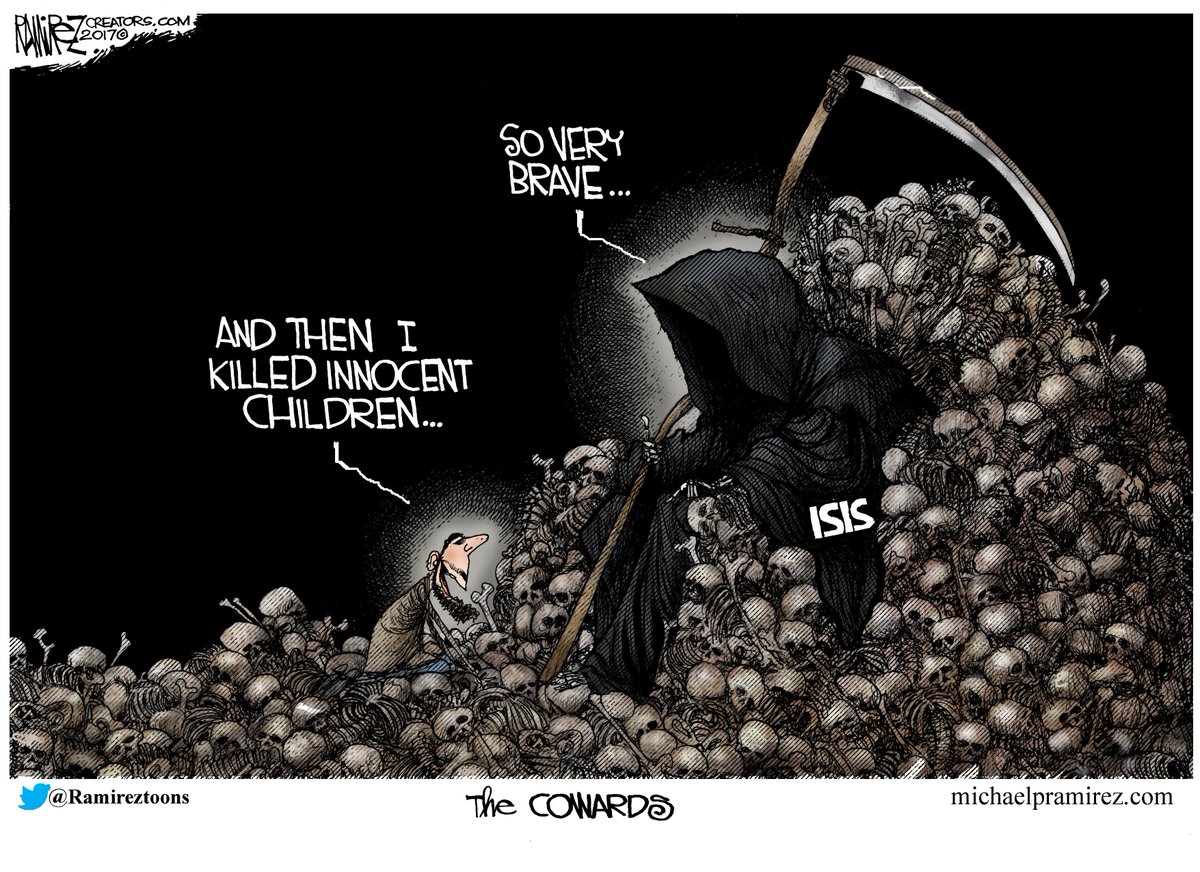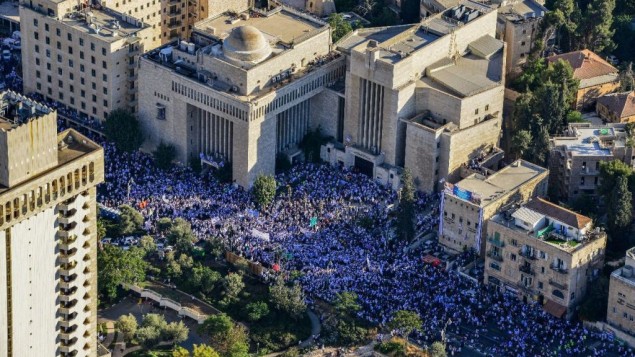50 years since 1967: What is the West Bank's real legal status?
ACCORDING TO former Hebrew University Law School dean and Israel Democracy Institute Fellow Yuval Shany, the starting point for the discussion was Shamgar and Israel’s acceptance of the 1907 Hague Regulations applying to the West Bank.50 Years after the Six-Day War, We Shouldn't Lament Israel's Power to Protect Itself
This means Israeli control over the West Bank falls into the category of “belligerent occupation.”
In less fancy language, it means that Israel has not annexed the land and is holding it temporarily. Further, it means that Israel has certain obligations not to change the face of the land or harm the rights of the local people already there – the Palestinians.
Shany said that agreeing to apply the Hague principles “was the only possible decision since there was no political decision to annex the West Bank.”
He noted that Israel could have decided to extend Israeli law to the West Bank, as was done in east Jerusalem, “but the government did not want to make that political decision. All governments since also did not make this decision,” so accepting the international law obligations and limits of the Hague Regulations was “the only option.”
In contrast to the Hague Regulations, Shany said there has always been a debate about the application of the Geneva Conventions to the West Bank.
In May 1967, Gamal Abdel Nasser, the President of Egypt, who had joined in a military alliance with Syrian President Hafez el Assad, daily promised to "drive Israel into the sea." Jews around the world were anxious beyond belief. It was scant more than twenty years since the liberation of the death camps in Europe and the odds were overwhelming that the next cataclysm against our people was soon to begin. In a stunning six-day victory, Israel defeated the combined Arab armies, reunited Jerusalem, took the Golan Heights and made its way to the Suez Canal.A false narrative about Israel has hijacked progressive minds. We must call people out for their selective social conscience
It is difficult for Israel to extricate itself from the obligation of having to send its young people to the territories in uniform to oversee other people's lives. Israel uprooted 8,000 long-time inhabitants of Gaza to make the territory Jew-free with the hope that without an occupation Gaza could transform itself into a Singapore. We know from history that this was a terrible mistake which has exacted an enormous cost on Palestinians and Israelis in terms of suffering, treasure and death.
Some opinion-makers have opined that the Six-Day War was a catastrophe. I cannot agree. It is far better that Israel won the war decisively than were it to have lost the war entirely. It is not hard to imagine the nature of the bloodbath that would have occurred on the streets of an Arab-occupied Tel Aviv or Jerusalem.
Israel's adversaries refuse to accept its existence and the existence of Jews living in the Land of Israel. That is the root of the problem, going back more than a hundred years. Once that is solved, everything else will fall into place.
To be honest, there is something crazy about lamenting the fact that we Jews have the power to protect ourselves and that we will no longer be subject to the bullies and murderers who have tormented us. I would rather live with the moral struggle of the past 50 years than die the good death of a martyr to another round of anti-Jewish hatred and violence.
Simon Wiesenthal was a man of action. Not content to let complacent governments deal with the butchers of the Holocaust, he hunted them and forced them to face justice. In so doing, he announced to the world that from now on, there is a high price to pay for harming Jews.
With his help, the Mossad captured the mass murderer Adolf Eichmann in Argentina. I was then attending school in neighbouring Uruguay, where Israel’s covert operation caused massive outrage. It was a tense time to be the only Jew in my school. But I felt proud. For the first time in two thousand years, the world understood that if you mess with us, there are consequences. That Jews can — and will — deal with those who intend to harm them. That Jews are no longer at the mercy of their tormentors. That Jews fight back.
I was born in Hungary, where Jew hatred has a long and blood-drenched history. A country whose Jews took comfort in being the most assimilated in Europe. They were convinced that their social status and achievements made them untouchable. Yet, the majority of the Jewish population was massacred in a matter of weeks.
We must learn from the lessons of history, so that our children and their children never face the horrors that my parents witnessed. Today, Jews face two wars. The permanent armed struggle in defence of Israel, a battle that Israel can never afford to lose. And the war of words, throughout the diaspora — and right here in Canada.
Words matter. They are powerful weapons. Words can legitimize the criminal and vilify the just. Words can provide the fuel for hate and the alibi for persecution and violence. Libelous fabrications, like “Israel Apartheid” and “Zionist aggression,” are the pretext for the BDS movement, whose stated objective is the destruction of the Jewish State. Their false narrative has hijacked progressive hearts and minds and become gospel in politically correct circles. It feeds the new wave of Jew hatred sweeping across Europe, where, in many countries, synagogues and Jewish institutions can now only function under military protection. The false narrative thrives on our own campuses, where we must expose its lies and confront it with the most powerful weapon at our disposal, namely, the truth. Because as we know, and as Barbara Kay has written, “what ends in law, often begins in academia.”





































